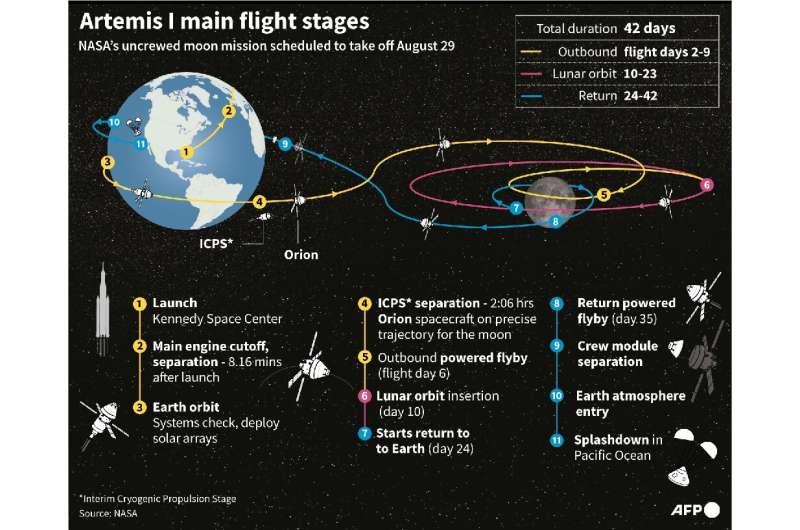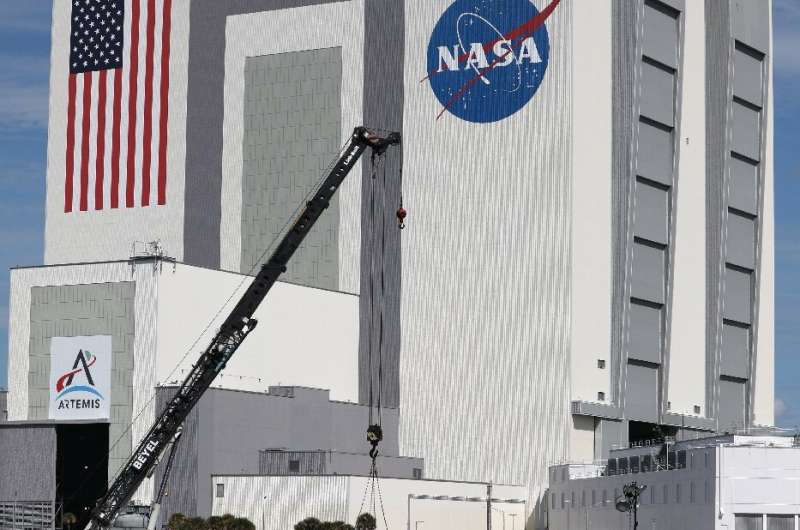Argentina's Kirchner goes on offensive over graft trial

Argentina Vice-President Cristina Kirchner on Tuesday launched a long and politically charged defense against corruption charges, for which prosecutors have asked that she face 12 years in jail and a lifetime ban from politics.
Kirchner, 69, is accused of fraudulently awarding public works contracts in her stronghold in Patagonia.
She said on Tuesday in a live social media broadcast that her political ideology, Peronism, was on trial and that prosecutors had already "written the sentence."
"Nothing, absolutely nothing that they have said was proven," said Kirchner, a lawyer by trade who was president from 2007-15 having succeed her late husband, Nestor.
It was during those three presidential terms that the alleged graft occurred.
"It's not a trial against me, it's a trial of Peronism, of the national and popular governments," she said, brandishing during her one and a half hour speech excerpts from laws, press articles, emails and accounts.
"It is 12 years (of prison time requested), the 12 years of the best government Argentina has had in these last decades."
Kirchner was speaking from her office at the senate, where she is the president and for which she enjoys parliamentary immunity.
Even if convicted -- the verdict is expected at the end of the year -- she would not go to prison, unless her sentence were ratified by the country's supreme court, or she loses her senate seat at the next elections at the end of 2023.
Another dozen people are on trial alongside the vice president and their court statements are due to last weeks.
Kirchner has decided to mount her defense on social media after her request for an extra deposition was refused on Monday.
Several hundred supporters cheered her arrival at the senate on Tuesday, while others did the same as she left her home in an upmarket Buenos Aires neighborhood.
Such is her divisive nature that rival groups of protesters, those for and against her, congregated outside her home on Monday night after public prosecutor Diego Luciani requested she be sentenced to 12 years in jail and barred from politics for life.
Police were forced to intervene as tensions mounted.
Luciani hit out at "an authentic system of institutional corruption" which he said was "probably the biggest corruption operation the country has known."
On Tuesday, fellow South American left-wing former presidents, Bolivia's Evo Morales and Dilma Rousseff of Brazil, expressed their support for Kirchner.


















